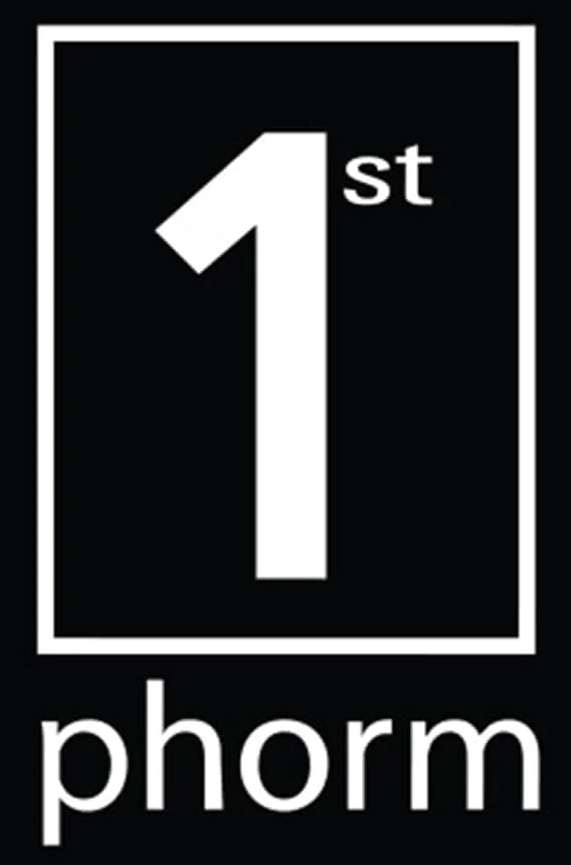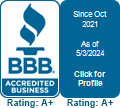The human gut and its role in our health has become an area of intense research over the past decade – for excellent reason. You may have heard the statement “we’re more bacteria than we are human” due to the fact that we have roughly 10x more bacteria than human cells in our body. The ‘normal’ gut has hundreds of bacterial species, each of which has profound effects on our health and well-being. Some of these species are considered good, and beneficial, while others are detrimental when conditions allow them to grow out of control.
The gut plays major roles in digestion, metabolism, immunity, protection from infection, and regulates 80% of our immune system.
Granted the scope of our gut and its relationship to the rest of our body, I’m always surprised at how poorly people treat it (usually secondary to having no education on the subject). There are a few kinds of bacteria to understand first, let’s take a look at those. Each type as a ‘time and a place’, in other words, specific roles and benefits. It’s when they take over or get eliminated that start the process of digestive disruption and other health complications.
Our “Essential” bacteria (the good guys), are already inside the gut. They’re friendly, and, as stated above, play major roles in metabolism, immunity, and overall health.
The bad guys (these are also called “opportunistic flora”, because they’re normally controlled by the good guy bacteria. When gut health gets compromised for various reasons, the bad guys get their opportunity to take over and create some nasty health issues.
Transitional flora are the bacteria we get from the outside environment (through food, drink, living and breathing, playing in the mud, etc). These bacteria too can be beneficial OR not, and are kept in check normally by the good bacteria.
What are Probiotics?
Simply put, probiotics are strains of bacteria that support our native beneficial “good guys” and help prevent the bad strains from overgrowing and taking over. In cases of impaired digestion (diarrhea, constipation, inflammation, gas bloating etc) probiotics can be really helpful. Patients with inflammatory bowel diseases have about 25% less of the beneficial bacteria in their guts than healthy people. While it makes sense to introduce more beneficial bacteria via probiotics into the diet as an initial strategy, there are a few things to be aware of.
If you have established digestive disorders, work with an experienced health care practitioner rather than self-diagnose. The gut is a complex galaxy, and if infections have set in, you’ll need guidance on natural or pharmaceutical antimicrobials. You may also need to use what’s called a biofilm disruptor. Bacteria in the gut can form a biofilm, which is a protective layer the bacteria form to protect themselves from our immune system defenses.
So, in order to get the most out of probiotics, make sure you clear out any existing infections or overgrowth of bad bacteria – don’t trouble shoot this on your own. Once you’re ready to begin supplementation (symptoms have been cleared, you’re healthy to begin with, or want to protect your gut for the future) choose a brand such as THORNE, which is above and beyond anything you’ll find over the counter for various reasons:
- All products are manufactured in-house, within an FDA-approved facility following Good Manufacturing Practices;
- Analytical testing and documentation are used to ensure products are pure, potent and free of contaminants (microbes, heavy metals etc);
- THORNE is also regularly inspected by the Australian TGA (their FDA) and NSF International;
- THORNE’s Sports Performance Line is designed for elite athletes, whereby products are guaranteed to be free of banned substances;
- Regular collaboration in clinical research and product development (which means products are designed to fit actual clinical needs).
Prebiotics – laying the foundation
Another critical piece for the gut, and critical for probiotics to take hold, are prebiotics. Prebiotics are indigestible carbohydrates that reach the colon intact and feed many strains of good bacteria. Top food sources of prebiotic fibers include Saurkraut, Kimchee, and resistant starch (RS) – named such because again, it resists digestion in the stomach and small intestine, reaching the colon intact where more good bacteria can be fed. Resistant starch is highly beneficial AND supported amongst low-carb advocates.
Best food sources include potatoes and unripe bananas – however, certain flours are great sources without the extra carbs and include potato starch, plantain and green banana flour. Gram dosages can be obtained from tablespoon servings.
In summary, its important for so many reasons to nourish your gut. Taking probiotics as well as including prebiotic food sources in your diet is an excellent starting point if you’re healthy. THORNE’s FloraSport20B is a very complete formulation, of tremendous benefit for athletes and those who travel. The data is also very compelling for those suffering from antibiotic induced diarrhea.
If your gut and digestive health are compromised, see a functional medicine practitioner who can run proper labs and determine the best strategy.
Check out these links for more information on THORNE Research and FloraSport20B
Sincerely,
Ashleigh Gass
MS, CSCS, CCN, CNS
CISSN Via International Society of Sports Nutrition.


